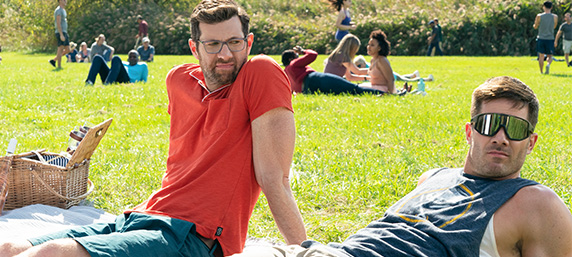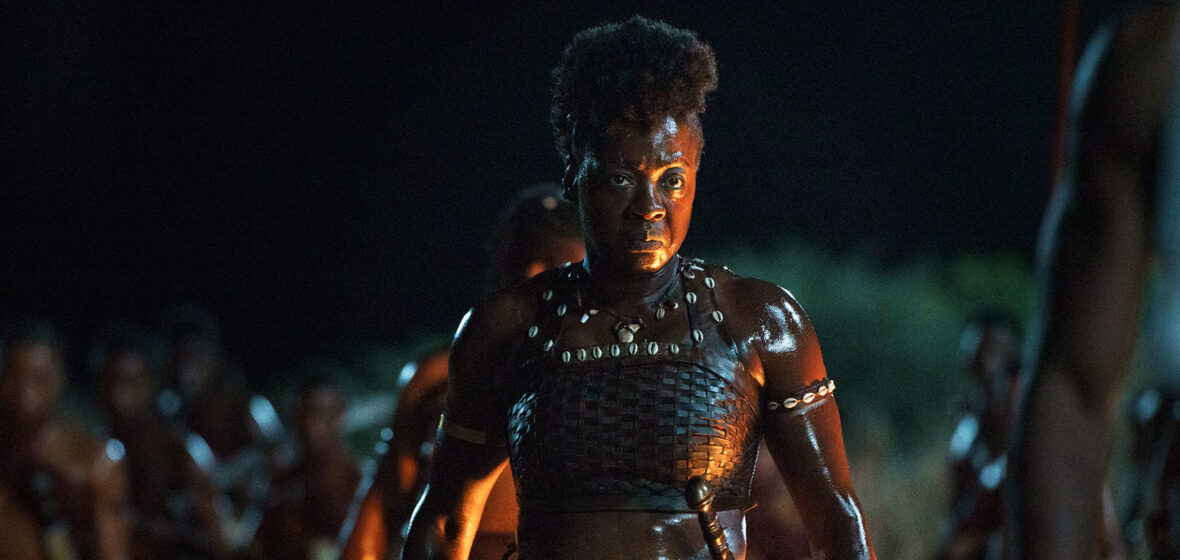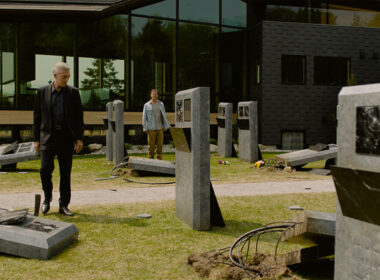The Woman King
Rating: Three out of five stars
The Woman King, the new film by director Gina Prince-Blythewood, made me realise how important it is to understand how visual storytelling differs between cultures. The film is a fictionalised account of the life of Dahomey’s war general Nanisca (Viola Davies), who led the powerful Agojie, an army of warrior women.
It’s a tremendous story that reminds us how our colonialism-inspired education excludes the tales told by the colonised cultures. Because of this, Africans are generally represented as a single, standardised group, as if there were no variety of cultures on the continent. It’s why we use the word “tribe” instead of “kingdom”. The perception of African cultures as a multiplicity eludes us precisely because for colonial powers to justify the pillaging and plundering it was easier to dehumanise those who suffered under it. The Woman King tries hard to challenge this idea, but to do so, it uses narrative traits recognisable to us, and that’s important because The Woman King is not a story for a universal audience – it’s one made with the express purpose of being consumed by a western audience.
It’s the 19th century and the Dahomey nationis stuck between a rock and a hard place. The rock is the Oyo Empire, where African slavers with European guns and horses are slowly encroaching on Dahomey’s lands. The hard place is the Portuguese and Brazilian slave traders, whose diplomatic mission succeeds at pitting the African kingdoms against each other. The Dahomey king Ghezo (John Boyega) – himself also a slaver, a fact the film glosses over ever so slightly – is considering changing to a new trade policy which in turn makes the people of Dahomey a target for the more powerful Oyo.
Then there’s Nawi (Thuso Mbedu), a young, restless and rebellious daughter who rejects every marriage arranged by her father and is therefore sent to the palace so she can train with the Agojie. She’s received by Izogie (Lashana Lynch), one of Nanisca’s most trusted generals, and quickly stands out as one of the most promising pupils, catching the eye of Nanisca and Malik (Jordan Bogler), a half-Dahomey/half-Brazilian slaver interested in reconnecting with his mother’s homeland.
For most of its running time, The Woman King intercuts between its political plot and human drama. Nanisca has a traumatic experience related to the Oyo, and this is triggered by the arrival of Nawi. Nawi fights to balance gaining the respect of her new companions and a blossoming romance with Malik. But the meat in this film is in the action scenes – brutal, exciting, and fast-paced, with strong-willed women standing face to face with their powerful oppressors. Prince-Blythewood is a great director of action scenes, and, while her visual flair isn’t particularly memorable, it’s effective and technically coherent. There’s more thrill and class in one shot in The Woman King than in the whole of the last two Avengers movies, and that’s indicative of Prince-Blythewood’s know-how.
What is interesting is how the film is aware not only of its setting but also of its audience. It’s not crucial to the plot that the Dahomey were slavers or that they profited from the European raid in West Africa. What is important is what this story represents. The Dahomey are shown as they were: a unique culture with traditions and practices that demonstrate how wrong our colonialism-influenced expectations are. The Agojie challenge the European idea that only men are biologically suited for battle. The film’s whole raison d’etre is not to galvanise a minority to reconnect with their cultural identity, as Black Panther did – too many historic inconsistencies for that – but to teach the west.
If anything, The Woman King falters for being too tame. The action is packed with kinetic shots and vigorous action, whereas a bit more brutality and blood would have made it more exciting. At the same time, I felt it went too soft on Europeans, almost downplaying their participation in destabilising the area.
The main controversy behind the film, peddled unfortunately by many elements of the alt-right media, is that the people of Dahomey were not paragons of virtue, but collaborators. This ignores the fact that the collaboration was engaged in specifically as a means for surviving a more technologically advanced invader.
I don’t see the rewriting of history in this movie as problematic because, in the end, it serves a more general and essential idea. One that is supported by the triumphant and bittersweet last shot: three Agojie standing by the cliff looking at a group of caravels sailing away. For a moment, the film enjoys a prospective future where Africa gets to be just Africa. This film is at the high end of three stars.

Bros
Rating: three out of five stars
Billy Eichner understood the weight placed on his shoulders when Universal pictures asked him to write the first gay romcom to be made by a big Hollywood studio. This is referenced right at the start when the character he plays, Bobby, a successful New Yorker podcaster, tells the story of rejecting a studio’s pitch for a film about the gay culture that would make Hollywood seem more inclusive Thankfully, in the real world Eichner said yes.
Bobby is not just a voice of the community but also an influential advocate and activist. His political opinions are considered excessive in a New York that already sees itself as such an inclusive city that it is believed no one should feel the need to remind people about those who paved the way. Bobby won’t let people forget. Between engaging in Grindr-initiated encounters that are never emotionally satisfying, and curating the first LGBTQ+ museum in the world with a board of representatives of various groups, Bobby has no time for or interest in a long relationship.
Enter Aaron (Luke Macfarlane), an attractive hunk Bobby meets in a gay club. Aaron represents that part of the culture Bobby doesn’t connect with. He’s a manly man in a cis-straight world who wears a suit and loves sports and country music. A prototypical brain-dead dumb yuppie who just happens to be gay. A real bro.
Letting Eichner pitch and develop this idea means that the world portrayed is true to its culture. He knows the jokes must be accurate but universal, and he also knows how to adapt this story’s narrative to the language of the romantic comedy – a genre generally based on straight relationships – to a culture where those expectations work slightly differently. For example, pick up your favourite romantic comedy and you’ll notice how it’s about a man and a woman with different interests and perspectives in life who face a series of shenanigans that bring them closer together, until they find common ground, admit they are soul mates and realise they should tie the knot. In Bros, none of that happens – Bobby and Aaron are different, but complement each other well. The idea of a soulmate is superfluous for them: what matters is the moment.
That’s part of what’s missing in Bros. Director Nicholas Stoller has runs on the board in directing comedies, so he got the ‘com’ in romcom right. It’s the other half that doesn’t quite get there. Not that the film fumbles in a big way, but all the scenes that could develop the romantic side of the story just don’t have as much impact as the comedy scenes.
The comedy itself is excellent. There’s a great recurring gag about Grindr chats starting with an innocuous “hey, what’s up?” Every reference to a LGBTQ+-related joke is made in a way that never disassociates the non-queer audience. I particularly liked the bisexual museum curator (Jim Rash) with a chip on his shoulder about people forgetting that bi’s exist.
Eichner clearly felt the responsibility of the task, and used the opportunity both to teach the audience about the issues facing the queer community and remind them about those who fought for the community’s rights. There are references to Marsha P Johnson, the Black trans woman who probably threw the first brick during the Stonewall riots, and other prominent queer figures in American history. In one scene, Eichner rants about straight actors playing queer characters in Oscar-baiting dramas; in another, he makes a point about the need to teach children gay rights history. It’s all exciting and educational, but, because Eichner knows that comedy is the most essential element for making a romcom enjoyable, it never feels preachy or contrived.
Bros is a good film. Not a perfect one. Not an essential one. But it lands where it matters. With Stoller not getting the romance part right, the big film climax only works where there are jokes – but that won’t hinder enjoyment of the comedy. And that’s enough to keep anyone interested.




